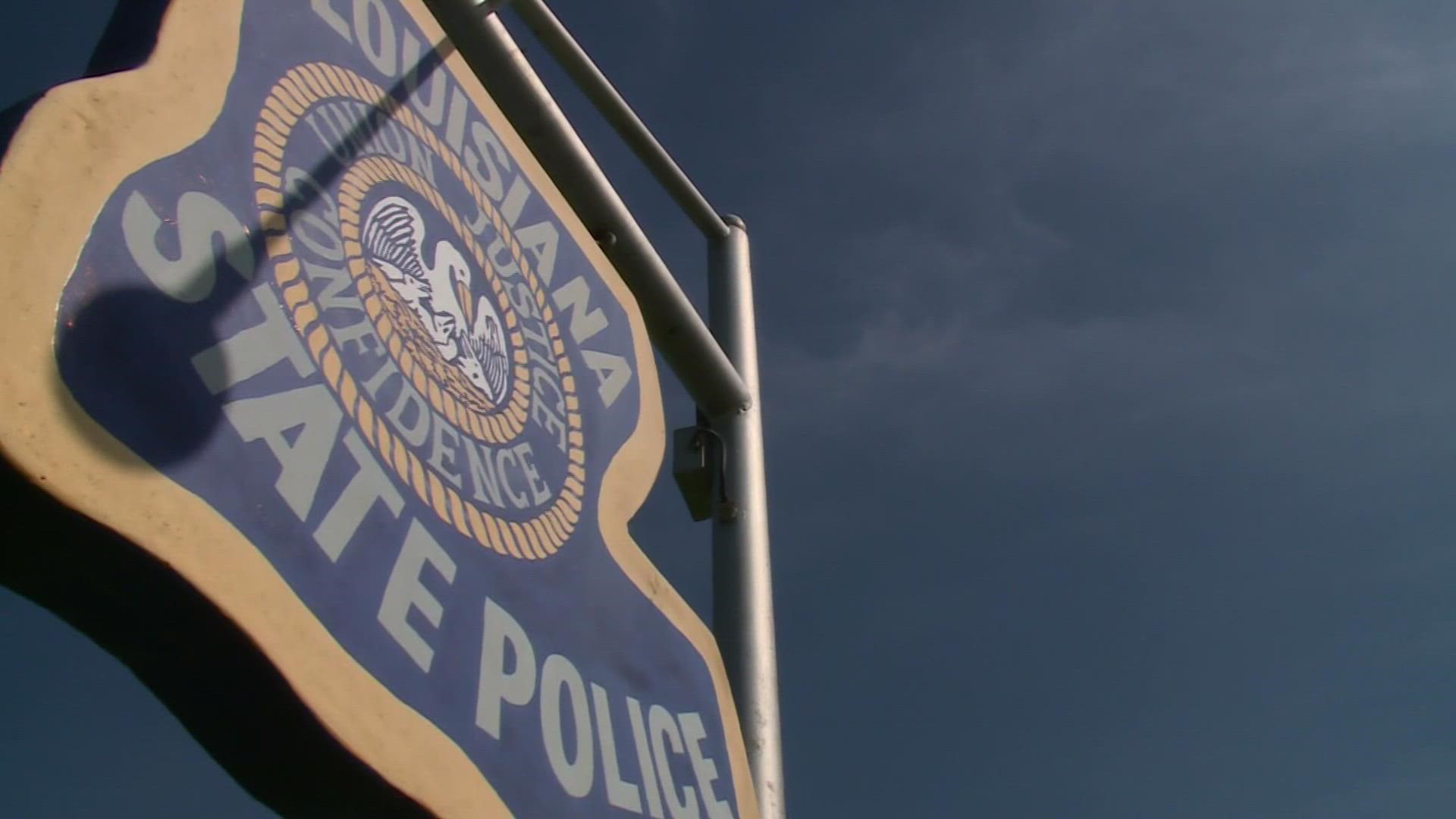BATON ROUGE, La. — The Louisiana Senate has created a special committee to dig into complaints about the use of excessive force by the State Police, after troopers were documented in a series of beatings of Black men that have drawn attention from federal investigators.
Senate President Page Cortez told The Associated Press that he set up the seven-member advisory panel in response to requests from senators concerned about troopers' behavior. He sent a letter Thursday officially naming lawmakers to the committee. Two senators from Baton Rouge will lead the work: Republican Sen. Franklin Foil will be chairman, and Democratic Sen. Cleo Fields will work as vice chairman.
Foil intends to hold the panel’s first meeting in December. He expects the committee to hear from the State Police and the public with an eye toward developing recommendations for tightened laws regarding use of force that legislators can consider. The review will focus more on overall policies, rather than specific allegations of improper force, he said.
The Senate Select Committee on State Police Oversight will “go over what kind of oversight the State Police has when there are reports of excessive force that may have been used inappropriately and what mechanisms they have as far as safeguards,” said Foil, a lawyer and Navy officer who has worked as a military judge.
Cortez asked the panel to submit its recommendations to the full Senate by Oct. 31, 2022.


The committee is set to examine the Louisiana State Police’s use-of-force policies as federal prosecutors are scrutinizing a series of beatings by troopers and whether top police brass obstructed justice to protect troopers involved in the deadly 2019 arrest of Ronald Greene.
The investigation began as a civil rights probe into Greene’s death, which police initially blamed on a car crash at the end of a chase near Monroe. But prosecutors’ interest has since broadened to look at other beatings and whether commanders broke the law to shelter the troopers seen on long-withheld body camera video punching, dragging and stunning the Black motorist.
Officials from Gov. John Bel Edwards on down refused for more than two years to publicly release the body camera video of Greene's arrest before it was obtained and published by AP this spring.
Greene’s death was among at least a dozen cases over the last decade in which AP found state troopers or their bosses ignored or concealed evidence of beatings, deflected blame and impeded efforts to root out misconduct.
It’s behavior that dozens of current and former state troopers told AP is part of the agency’s culture of impunity, nepotism and, in some cases, outright racism.
Fields, a lawyer who requested creation of the Senate special committee, didn’t return calls for comment. He previously persuaded lawmakers to set up a task force to study law enforcement training and misconduct issues. The task force's suggestions led to passage earlier this year of new restrictions on the use of chokeholds and no-knock warrants, detailed policies for use of body cameras and a requirement for police agencies to have anti-bias training for state grant eligibility.
Members of the new Senate committee come from around the state, including from the northeast Louisiana region whose State Police unit is at the heart of many of the allegations.

